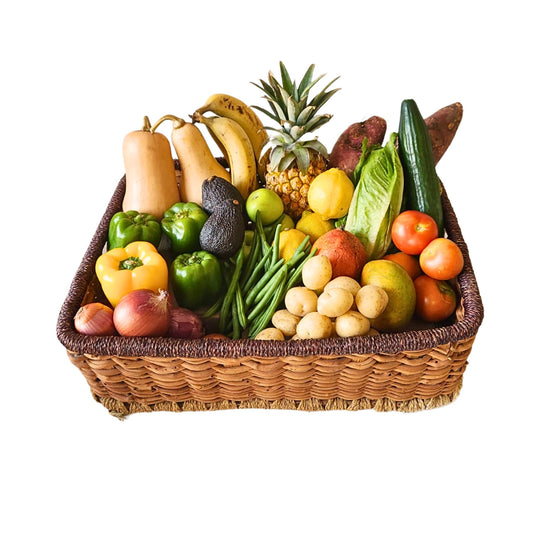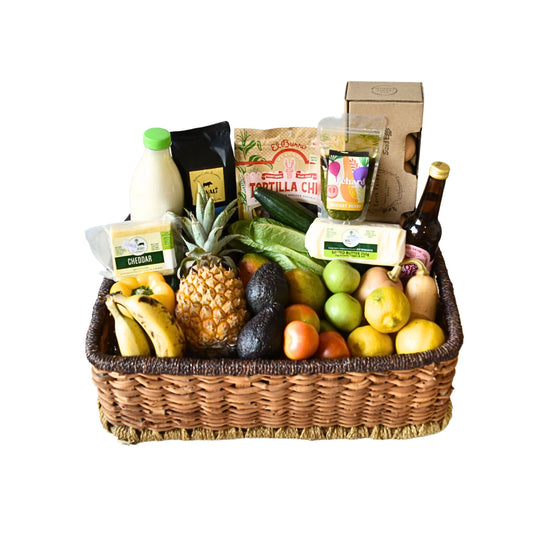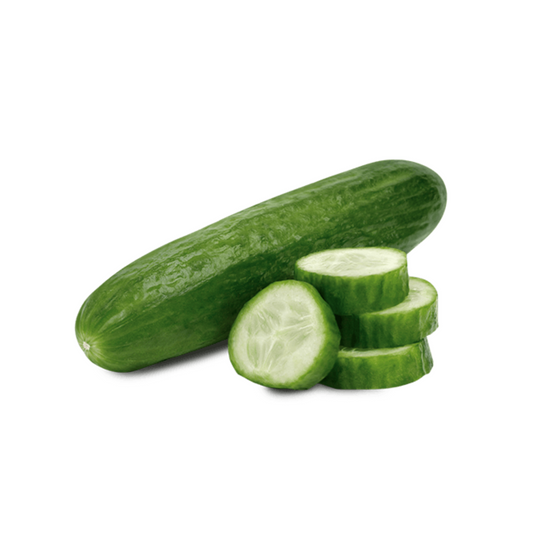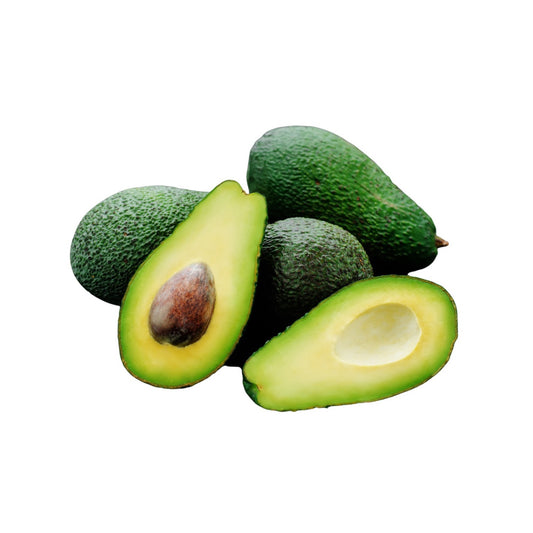Article Summary:
- Organic certification ensures that products labeled as "organic" meet specific standards and regulations, providing consumers with assurance regarding the use of organic farming practices and the absence of synthetic pesticides and GMOs.
- Consumer awareness is crucial for the growth of the organic industry, and outreach and education programs by certification agencies help inform consumers about the benefits of organic farming and the significance of organic certification labels.
- Third-party verification and certification audits, along with transparent labeling and clear communication about organic standards, build consumer confidence in organic products by ensuring compliance with established guidelines and regulations.
Organic produce is often hailed for its commitment to health and sustainability, but questions linger about pesticide use. In recent years, consumers have become increasingly conscious of the chemicals present in their food, leading to inquiries about whether organic fruits and vegetables can contain pesticides. This article aims to delve into the nuances of organic farming practices, exploring the regulations surrounding pesticide use, potential sources of contamination, and the implications for consumers. By shedding light on this topic, we seek to provide clarity and empower individuals to make informed choices about their food purchases.
Understanding Organic Certification Standards
Organic certification standards are a crucial aspect of the organic farming industry, ensuring that products labeled as "organic" meet specific criteria set forth by regulatory bodies. These standards vary across countries but generally emphasize practices that promote environmental sustainability, biodiversity conservation, and the reduction of synthetic inputs, including pesticides.
One of the key principles of organic certification is the prohibition of synthetic pesticides and herbicides. Organic farmers are required to use natural and non-toxic alternatives for pest and weed control, such as crop rotation, beneficial insects, and organic-approved pesticides derived from natural sources like plants and minerals. Additionally, organic certification standards typically restrict the use of genetically modified organisms (GMOs) and irradiation, further emphasizing the commitment to natural and sustainable farming practices.

Shop Organic Red Baby Cabbage at Orchard Food
To achieve organic certification, farmers must undergo a rigorous certification process conducted by accredited certifying agencies. This process involves on-site inspections, documentation of farming practices, and adherence to strict standards outlined in organic regulations. Farms must demonstrate compliance with organic principles, including soil health management, biodiversity conservation, and the maintenance of buffer zones to prevent contamination from non-organic sources.
Overall, understanding organic certification standards is essential for consumers seeking to make informed choices about their food purchases. By looking for certified organic labels, consumers can trust that the produce they buy has been grown using environmentally friendly practices and without the use of synthetic pesticides or GMOs. Additionally, supporting organic agriculture encourages sustainable farming methods that prioritize soil health, biodiversity, and long-term environmental stewardship.
Exploring Permitted Pesticides in Organic Farming
Organic farming restricts the use of synthetic pesticides, emphasizing natural and non-toxic methods for pest management. However, there are instances where the application of pesticides is necessary to prevent significant crop loss. Organic certification standards strictly regulate the types and formulations of pesticides permitted, prioritizing products derived from natural sources and minimizing environmental impact.
Permitted pesticides in organic farming include biopesticides, derived from natural substances like plants, bacteria, and fungi. These products target specific pests while posing minimal risk to humans, beneficial insects, and the environment. Additionally, certain mineral-based substances, such as sulfur and copper, are allowed for use in organic farming when applied according to specific guidelines, though their use is closely monitored to prevent overuse and environmental contamination.
Organic farmers also employ cultural and mechanical methods for pest control, such as crop rotation and hand weeding, to reduce reliance on pesticides. These practices aim to create balanced ecosystems that naturally suppress pests and diseases, fostering long-term sustainability in organic farming. Overall, understanding the types of pesticides permitted in organic farming provides consumers with insights into the practices involved and enables them to make informed choices about the food they consume.
Addressing Contamination Risks in Organic Production
Contamination risks in organic production present significant challenges to maintaining product integrity and meeting certification standards. Primary sources of contamination include pesticide drift from neighboring conventional farms, carried by wind, water runoff, and aerial spraying. These residues compromise the organic status of crops and soil, necessitating proactive measures to mitigate risks.
To address contamination risks, organic farmers implement strategies such as establishing buffer zones between organic and conventional fields and coordinating planting schedules and pesticide applications with neighboring farms. Collaboration and communication among farmers play a crucial role in minimizing the potential for pesticide drift and cross-contamination. Additionally, regular inspections and testing by organic certification agencies, coupled with thorough record-keeping and traceability systems, help monitor pesticide residues and other contaminants, enabling timely interventions to maintain organic integrity.
Overall, mitigating contamination risks in organic production requires a comprehensive approach that combines proactive measures, stakeholder collaboration, and robust monitoring and enforcement mechanisms. By implementing these strategies, organic farmers can uphold the principles of organic agriculture, maintain consumer trust, and ensure the integrity of their products.
Debunking Myths About Organic Pesticide Use
Despite misconceptions, organic pesticides are rigorously tested and approved to meet strict safety standards. Derived from natural sources, they tend to degrade more rapidly in the environment, posing fewer risks to human health and ecosystems compared to synthetic counterparts. While organic farming prioritizes non-toxic pest control methods, approved organic pesticides are used when necessary, adhering to stringent organic certification standards.
Organic farming practices emphasize natural and non-toxic pest control methods, but approved pesticides may still be employed when needed. These pesticides are carefully selected to minimize environmental impact and are applied in accordance with organic certification standards. When used correctly and in conjunction with other integrated pest management strategies, organic pesticides can be highly effective in targeting specific pests and diseases while preserving beneficial insects and minimizing harm to non-target organisms.

Shop Organic Keedz Chicken Alfredo 200g at Orchard Food
Overall, debunking myths about organic pesticide use underscores the importance of understanding the rigorous testing and approval processes behind organic pesticides. Organic farming practices prioritize environmental sustainability and human health, utilizing approved pesticides judiciously to maintain crop health while minimizing ecological impact.
Ensuring Consumer Awareness and Confidence
Consumer awareness and confidence in organic products are essential for the growth and sustainability of the organic industry. Organic certification plays a crucial role in ensuring that products labeled as "organic" meet specific standards and regulations. Certification labels provide consumers with assurance that products have been produced using organic practices, including the restriction of synthetic pesticides and genetically modified organisms (GMOs).
To enhance consumer awareness, organic certification agencies conduct outreach and education programs to educate consumers about the benefits of organic farming and the importance of organic certification. Consumer labels and logos, such as the USDA Organic seal in the United States or the EU Organic logo in Europe, help consumers easily identify organic products and make informed purchasing decisions. Moreover, transparency in labeling and clear communication about organic certification standards build trust and confidence among consumers.
Consumer confidence in organic products is further bolstered by third-party verification and certification audits conducted by accredited certifying agencies. These audits ensure compliance with organic standards and regulations, providing consumers with assurance that organic products have been produced and processed according to established guidelines. Additionally, ongoing research and innovation in organic farming practices contribute to the continuous improvement of organic products, enhancing consumer confidence in their safety and quality.










